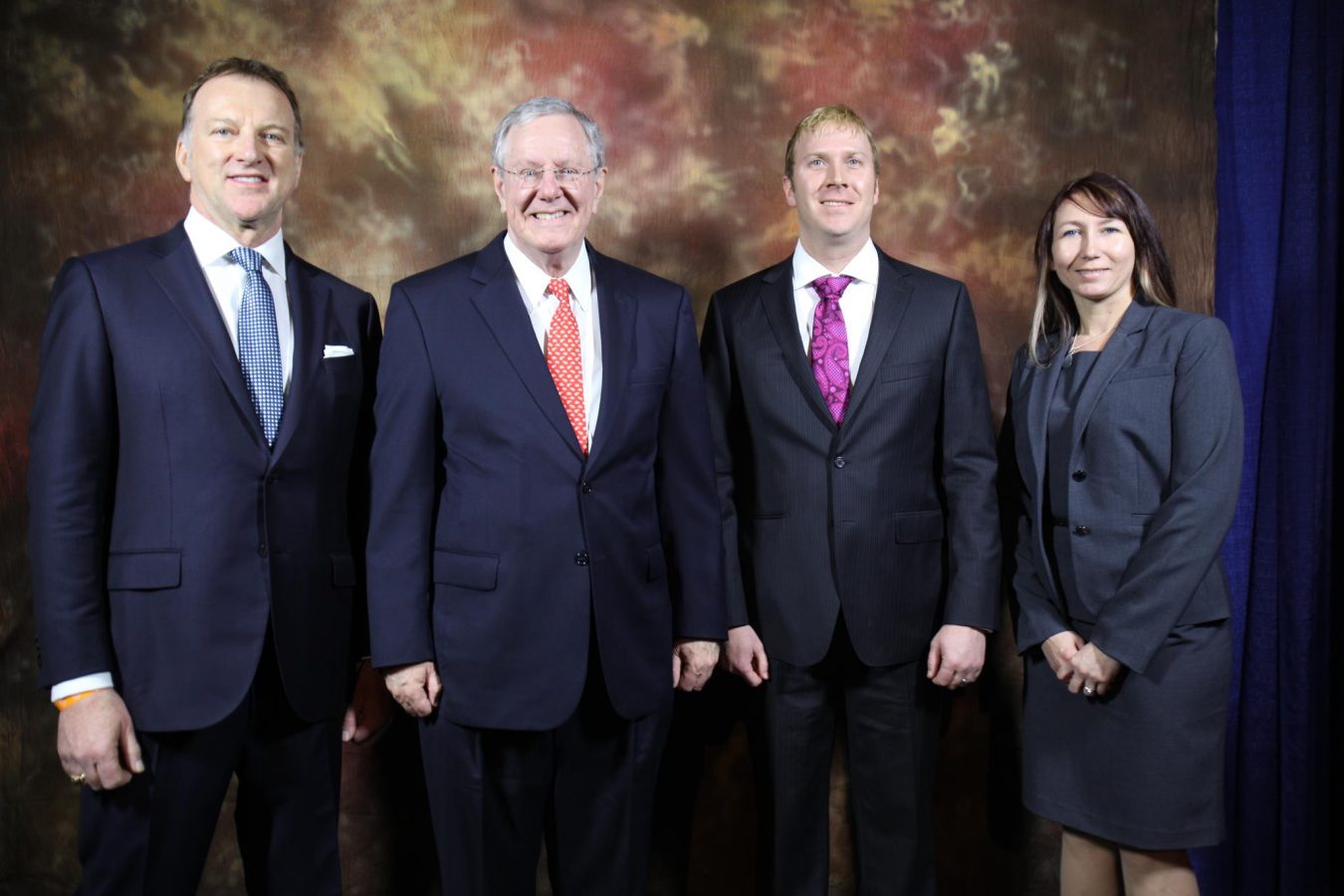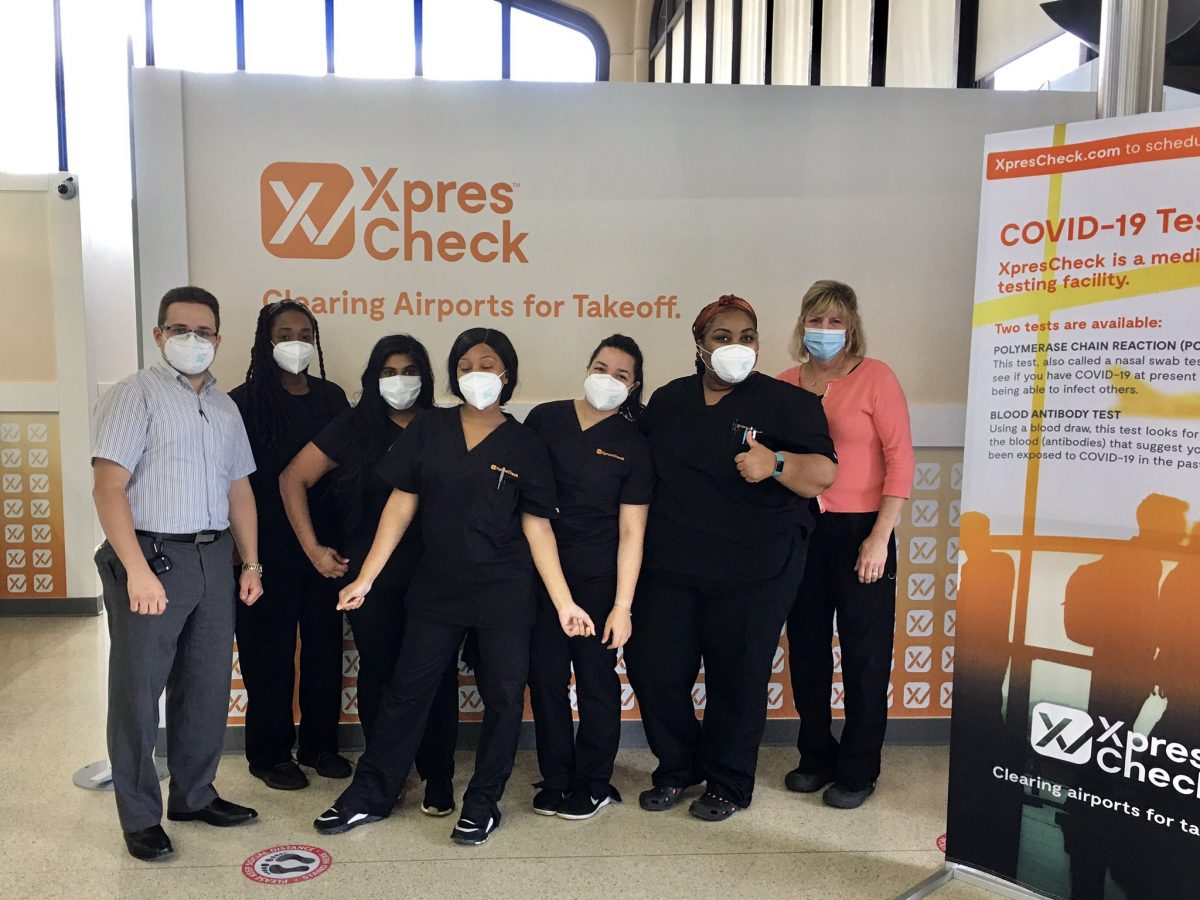2020 has been a catastrophe for the travel and hospitality industries on a global scale. In the U.S. 1 in 4 hotels cannot pay their mortgages. In Europe, the situation is even worse. Here in Greece about half of the hotels in business in 2019 will file for bankruptcy, and the end of pandemic effects are nowhere in sight. To make matters worse, business professionals are facing a conundrum powered by unprecedented uncertainty, misinformation, and veritable panic. The only way to weather the COVID-19 storm is to be lean, efficient, and flexible in the short and long term.
Be Lean
Tom Magnuson has always run a tight ship. Magnuson Hotels, which he founded with his wife Mellissa from their garage in Spokane, WA back in 2003, has always been an atypical operation. Today, the company is the world’s largest hotel affiliation group, with over 65,000 hotels and 700 airlines on its worldwide booking platform. And as always, Tom’s business acumen and his dynamic personality permeate the hotel management empire he created. In the age of COVID-19, positive energy, flexibility, and efficiency are rewarded with success, while others fail. This is evidenced clearly by Magnuson’s efforts during these unprecedented times.

This report at HospitalityNet shows Magnuson hotels eclipsing the industry’s best. In June, for instance, Magnuson Hotels sustained a chainwide 22% reduction in RevPAR against 2019, when the rest of the U.S. competition lost 60.6% YTD. Tom’s network took a 17.8% hit in RevPar, but the rest of the industry was slammed by a 46.7% hit. Magnuson also outdid the competition in average room rates and occupancy, by a wide margin. Magnuson says his teams in Spokane and London are forging ahead building out new investments in a full building mode of investment in technology, distribution, marketing, and new business segments to support our affiliates.”
Be Efficient
A Greek technology, sales, and marketing startup called RevitUp launched last year with a simple premise, to optimize already existing or new revenue strategies for hotels. RevitUp is a holistic approach using technology and sales/marketing practices to optimize a hotel’s channel management and other practices. The company’s launch, as it turns out, could not have been timed more appropriately, because hotels need not only cash flow genius in the wake of COVID but the most advanced tools available.

I was studying a recent RevitUp case study which highlights how efficiency and the holistic approach support mitigation of the negative effects of the coronavirus downturn. RevitUp presented a short case study for the chic and trendy Sevi Boutique Hotel on the beach in Zanzibar. According to their report, RevitUp increased that small hotel’s direct bookings 130%, and increased revenue per ad spend over 9.5% since the system was put in place.
Furthermore, Sevi Boutique’s ROAS (Return On Advertising Spend) is now at a 40:1 ratio. RevitUp services dozens of imminently successful resorts and hotels, but the Zanzibar boutique operation’s success with the platform seems most relevant for illustrating capability in a dynamic environment like this pandemic. What’s impressive about this case is that a small niche hotel in a peripheral market has stayed afloat and even prospered because of strategy and technology applied to optimize marketing, advertising, and sales. Sevi Boutique Hotel was “insulated” by taking control of what was controllable.
Be Flexible
I wrote a couple of reports (Seeking Alpha) recently about XpresSpa Group, a company that was on the ropes when the pandemic shut down travel and their airport spa businesses. The world’s leading airport spa entity seemed to have no future at all, but the CEO had other plans. The former wizard of Starbucks and Joe Coffee moved quickly to start transforming the world’s biggest airport spa company into the world’s biggest airport coronavirus testing company. Satzman garnered $48 million from equity and cash on hand to invest in transforming the company’s XpresCheck brand into COVID-19 testing sites.

First Satzman snagged an agreement with JFK International Airport for a COVID-19 quick testing pilot that was ultimately successful. Next, the XpresSpa Group CEO signed a contract with the Port Authority of New York and New Jersey for providing diagnostic COVID-19 testing at Newark Liberty International Airport. In the follow-up, the JFK XpresCheck, which is managed by JFK-IAT and XpresCheck’s parent company XpresSpa, is now open to passengers in addition to airport employees for testing. The Port Authority Aviation Director had this to say via the press release on the deal:
“This testing site, which is also an example of our commitment to better serving our customers and employees, builds on our existing measures to improve the customer journey in every way possible.”
Saltzman has plans to open XpresCheck branches at other U.S. airports and to eventually strike deals with overseas port authorities. If he manages it, he will have turned the tables on a situation that will certainly bankrupt thousands of travel and hospitality businesses by being uncommonly flexible.
The Takeaway
Most hoteliers and travel professionals are operating very much like athletes seeking advice from peers on how to improve their golf swing, their batting stance, the way they shoot free throws, and so on. In such situations tons of bad or useless advice usually covers up the sound counseling of real experts. Desperation and uncertainty even cloud personal perception, making a bad situation even worse.
RevitUp hotels, for instance, already had in place an advanced revenue management system and pricing models to respond to market developments quickly. Magnuson Hotels already had in place an extended cash flow forecast and lean operations in place for partner hotels. Operating costs and other key advantages Magnuson’s operations afford such as reduced operating and capital expenditures, were in place years before the pandemic hit. Finally, XpresCheck was an offshoot of XpresSpa Group CEO Doug Satzman being prepared to quickly respond to the changes outside of his company’s normal operating and business processes.
A recent report by Deloitte about the hospitality industry needing to take pro-active financial steps to mitigate impacts is key for understanding how core strategies insulate businesses in crisis times like these. This report lays out systematically what the three businesses I’ve featured here already had a line on. Deloitte acknowledges that the impacts of the pandemic are huge and that there is no way to predict how revenue and supply chains will be affected. The firm says operators and investors must mitigate the cash and working capital issues while staying in close contact with their stakeholders. In essence, the world’s largest professional services network is recommending what many hospitality and travel businesses already possess, an ecosystem for success.
[…] been discussing hotel management and the difficulties inherent during these unprecedented times. A story I wrote showcasing the need for travel and hospitality operations which are resilient, revealed what is […]